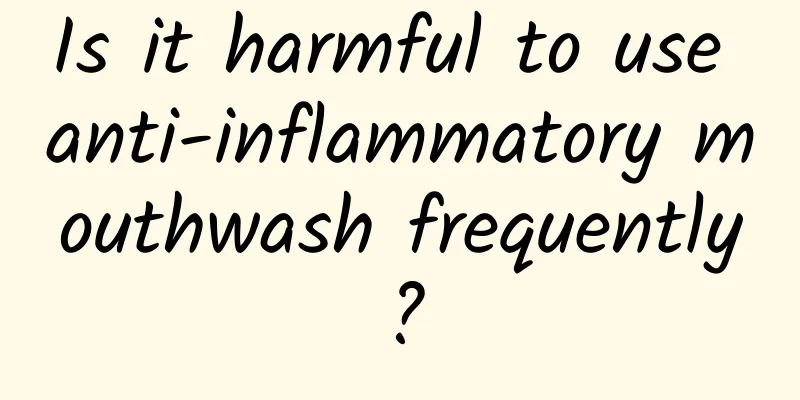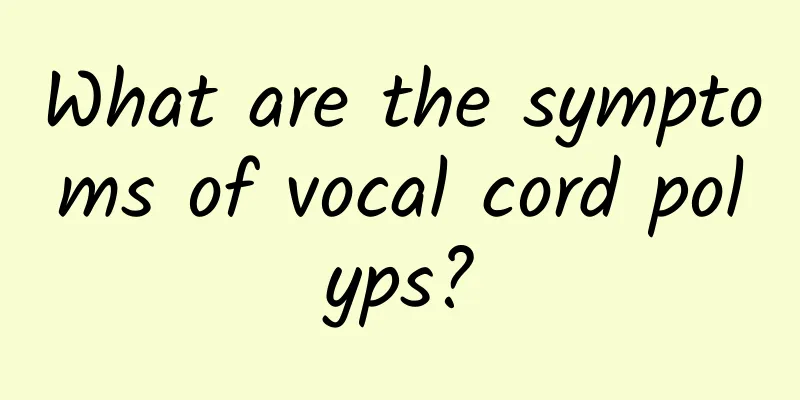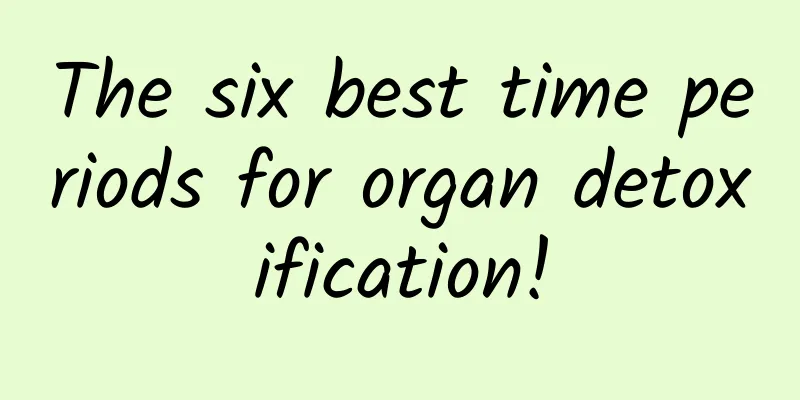Use of the pituitary gland in severe hemoptysis

|
The hormones secreted by the pituitary gland play a very important role, but sometimes due to emergency situations, the pituitary hormones are not secreted in time and can only be treated through external interference. Massive hemoptysis refers to bleeding in the body that is vomited out from the mouth through the trachea. It is a serious case of internal organ damage and can be life-threatening. In this case, the patient has to be sent to the hospital as soon as possible. In clinical treatment, posterior pituitary hormone will often be chosen, and external injection of posterior pituitary hormone can achieve the purpose of rapid hemostasis. Introduction to Hemoptysis Bleeding from any part of the respiratory tract below the larynx that is coughed up through the mouth is called hemoptysis. Among them, hemoptysis is classified into small amount (hemoptysis volume <100 mL in 24 hours), moderate amount (hemoptysis volume 100-500 mL in 24 hours), and large amount (hemoptysis volume > 500 mL in 24 hours or hemoptysis > 100 mL in one time). Hemoptysis is often caused by respiratory diseases, such as bronchiectasis, tuberculosis, lung cancer, lung infection, etc. Hemoptysis is mostly caused by blood vessel rupture, increased vascular permeability or coagulation disorder. Treatment strategies are divided into general treatment, drug therapy, and interventional or surgical treatment. treat In drug treatment, vasopressin is the drug of choice for treating massive hemoptysis. Posterior pituitary hormone contains two active ingredients: oxytocin and vasopressin. The latter can directly excite vascular smooth muscle, cause the pulmonary arterioles and capillaries to contract, reduce pulmonary blood flow, lower pulmonary circulation pressure, facilitate blood vessel rupture and thrombosis, and play a hemostatic role. usage The method of intravenous injection and drip was adopted. First, 6U of posterior pituitary hormone was added into 20ml of 5% glucose solution. After intravenous injection, 6U of posterior pituitary hormone was added into 100ml of 5% glucose solution for intravenous drip. Note: If hemoptysis is still not controlled, continue to add 6U of posterior pituitary hormone, but the total daily dosage of posterior pituitary hormone should be controlled within 30U. |
<<: Adverse reactions of vasopressin
>>: Why do I grind my teeth while sleeping at night?
Recommend
Is it okay to boil a dose of Chinese medicine 5 times?
The medicinal components in Chinese herbal medici...
Is cardiac arrest dangerous?
In daily life, intermittent cardiac arrest is a c...
Precautions after the expected date of delivery
If you see spotting before the due date, it usual...
Treatment of endocrine disorders with traditional Chinese medicine prescriptions
Endocrine disorders are a common disease among fe...
The causes of neonatal pneumothorax need to be understood by type
In clinical practice, pneumothorax is a very comm...
Scar flap transplantation
Skin flap transplantation is a commonly used trea...
What Chinese medicine is better for reflux gastritis?
Nowadays, many people have poor stomachs. Many pe...
Adrenal cortical adenoma surgery
Adrenal cortical adenoma is a disease that can se...
How to massage your back comfortably
When people are tired after a day of work, they w...
What to do if a woman is very suspicious
In life, many women always suspect that their boy...
Will wearing braces change my face shape?
Nowadays, more and more friends need teeth correc...
Salt hot compress therapy, salt hot compress has these effects
Salt hot compress is a treatment method in tradit...
19 weeks pregnant and still vomiting
You will continue to experience some physiologica...
Is tobacco effective in treating hemorrhoids? What should we pay attention to when using tobacco leaves to treat hemorrhoids?
Although hemorrhoids have a high prevalence and a...
What foods should not be eaten if you have eczema?
Eczema is actually a very common skin disease for...









